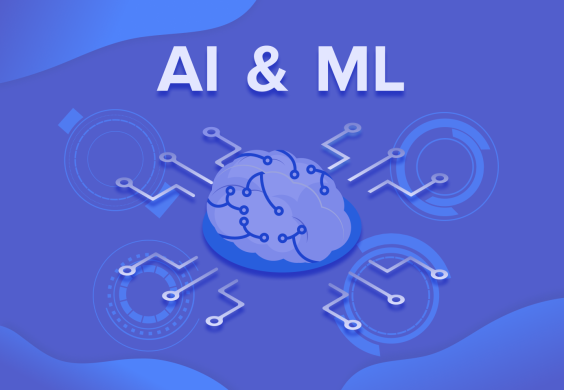The integration of artificial intelligence in HR technology and in recruitment software, a trend increasingly embraced by IT recruitment entrepreneurs, has raised significant ethical concerns. This phenomenon, evident in scenarios ranging from college recruiting to high-profile cases like the Japanese Rikunabi data scandal, presents a complex landscape of challenges and considerations.
The Rikunabi Scandal: A Cautionary Tale
The 2019 Rikunabi scandal in Japan serves as a stark reminder of the ethical pitfalls in AI-driven recruitment. A company sold AI-generated scores predicting job-seekers’ behaviour without proper consent, breaching privacy laws and ethical standards. This incident underscores the need for transparency, consent, and ethical use of AI, aspects that we must prioritize.
The incident highlighted various legal and ethical concerns, primarily related to privacy and consent. The company’s actions were found to be in violation of the Act on the Protection of Personal Information (APPI), as they shared personal information without adequate consent.
Beyond legal issues, the scandal raised questions about the ethical use of AI in recruitment, emphasizing the need for transparency, fairness, and respect for individual rights.
Ethical Dimensions in AI Recruiting
Here are some key ethical issues every company manager and recruiter should navigate:
Bias and Discrimination: AI systems can inadvertently perpetuate biases, leading to discriminatory practices, a concern particularly pertinent in the dynamic field of IT recruitment.
Transparency and Accountability: Many AI algorithms in HR Tech are opaque, making their decision-making process a challenge to scrutinize, an issue that the company must address. The black-box nature of many AI systems makes it difficult to understand how decisions are made, which is problematic for ensuring transparency and accountability in recruitment processes. Concerns are raised about AI’s ability to provide a valid assessment of applicants, as it may only represent a simplified model of human behaviour and lack the capability to understand complex emotions, values, or charisma.
Privacy and Data Protection: AI’s reliance on extensive data collection raises significant privacy concerns, mandating stringent data protection measures in recruitment practices (relevant for all the HR Tech niches: applicant tracking software, candidate relationship management tools, all types of recruitment CRM systems, etc.).
Legal Compliance and Human Rights: Ensuring that AI hiring tools comply with employment laws, nondiscrimination, and human rights is a significant challenge for IT recruitment entrepreneurs and HR software companies.
Depersonalization in Hiring: The use of AI in recruitment could potentially limit human autonomy by reducing human involvement in decision-making processes, which might conflict with the right to human self-determination. The impersonal nature of AI-driven recruitment processes might overlook human aspects crucial in tech recruitment, such as interpersonal skills and cultural fit.
Balancing AI Efficiency with Ethical Considerations: Company management and recruiters face the task of balancing the efficiency of AI with ethical considerations. As per insights from experts, it is crucial to maintain human oversight in AI systems, augmenting rather than automating the recruitment process. This approach ensures a balance between technological innovation and human judgement.

Five Strategies for Ethical AI Recruitment
Emphasizing Diverse Data Sets: Diverse data training for AI algorithms is crucial to mitigate biases, a practice that you should adopt.
Regular Bias Audits: Conducting regular audits of AI systems for bias is essential in maintaining ethical recruitment practices.
Clear Communication: Transparency with candidates about AI usage in the recruitment process builds trust and aligns with ethical standards.
Human-Centric Approach: Maintaining a human-centric approach in recruitment, balancing AI’s capabilities with human judgement and empathy, is vital.
AI Literacy and Strategy: you must focus on building AI literacy and strategic frameworks to adapt to the evolving AI landscape.
The Way Forward: Ethics in AI Recruitment
The ethical use of AI in recruitment, especially within the niche of recruitment software for small business, demands careful navigation of these challenges. IT recruitment entrepreneurs must ensure that their AI-driven processes are not only efficient but also fair, transparent, and aligned with ethical standards. The ultimate goal is to create an inclusive and equitable recruitment landscape, where AI augments human capabilities and fosters a fair process for all candidates.


